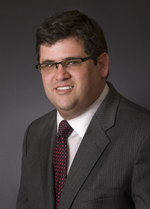We are often ask by clients who would like to be granted parole in Texas about what conditions they will have to follow if they are released on parole. People granted parole in Texas must live by the rules given to them by the Texas Parole Board. If they violate any of those rules they are subject to being put back into prison. Some common conditions are as follows:
- Commit no new crimes
- Report to their parole officer as instructed, initially the meetings take place at least once a month
- Live at an approved residence
- Do not move to a new residence without a parole officers permission
- Stay away from people or places of disreputable or harmful character
- Do not to consume or use drugs and/or alcohol
- Do not to possess any firearm or prohibited weapon
- Pay a monthly supervision fee
In addition an individual can be given special conditions. The special conditions can include intensive supervision, electronic monitoring, being ordered into education programs, drug or alcohol treatment programs, or psychological counseling. If they see fit a parole panel may order the parolee to pay restitution. Sex offenders who are on parole are given numerous additional conditions. If you or a love ones is incarcerated and will be eligible for Texas parole or if you have questions regarding conditions of parole please contact us. We can help you understand the Texas parole process and once hired can do everything we can in order to improve your loved one’s chances of getting parole. Our Texas parole practice is located in Houston Texas, however we travel to units around the state and represent inmates with family in Austin, McAllen, Ft Worth, Dallas, San Antonio and numerous other cities around the state.

